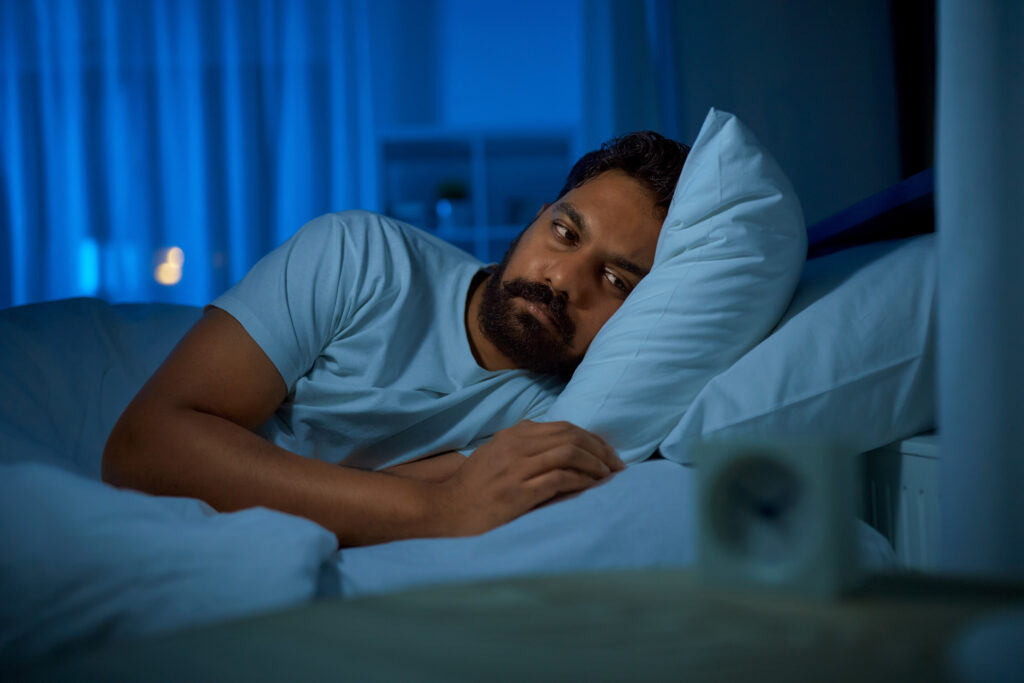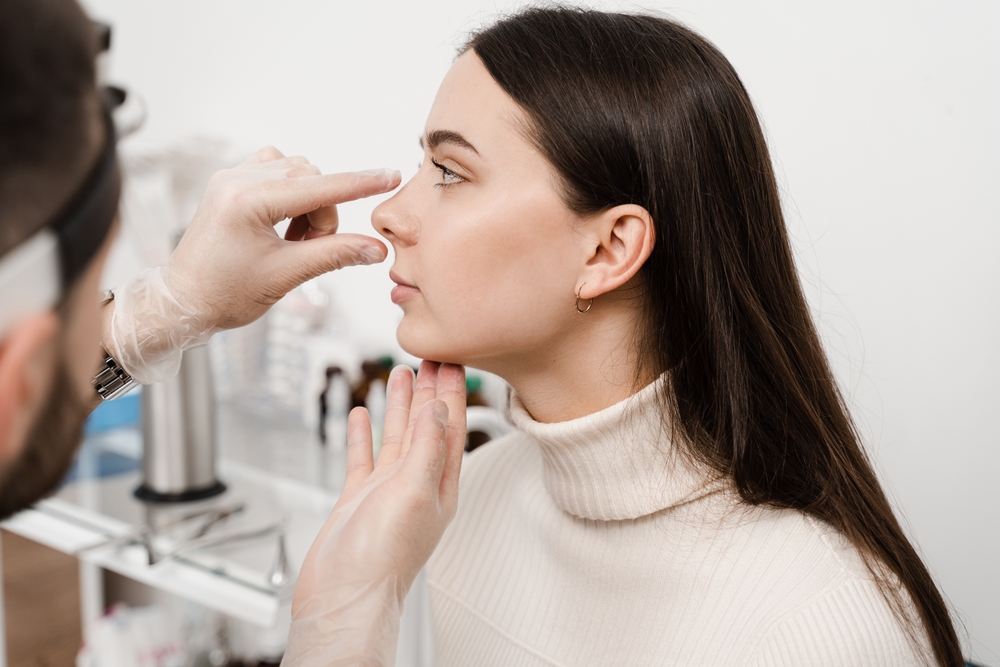
menu

Posted in Uncategorized | April 10, 2025

Do you have sleep apnea? Is it still affecting your sleep and causing unpleasant symptoms despite trying treatments like CPAP or dental appliances?
If so, you may benefit from surgery. Surgery can address the anatomical causes of sleep apnea, decrease the severity of your symptoms, and even support medical therapy.
Keep reading to learn more about whether you can get surgery for sleep apnea.

Sleep apnea is a sleep disorder that causes you to stop and start breathing repeatedly while asleep. Your brain wakes you up just enough to begin breathing again whenever you stop breathing.
The pauses in breathing typically last 10 to 20 seconds and can occur a few times every hour or, in severe cases, 60 to 100 times or more per hour. Although you won’t recall these brief awakenings, they prevent deep, restful sleep.
Obstructive sleep apnea, or OSA, is the most common form of sleep apnea. It happens when the throat muscles that support your tongue, soft palate, tonsils, uvula, and the side walls of your throat relax.
This partially or totally blocks your airway during sleep, obstructing airflow into your lungs. When you can’t get sufficient air, it can reduce the amount of oxygen in your blood.
Your brain then realizes that you cannot breathe and jolts you out of sleep so you can open your airway and resume breathing.
You may experience the following symptoms when you have sleep apnea:

Without treatment, sleep apnea can cause the following complications:
Your ENT specialist may recommend surgery if you can’t tolerate CPAP therapy. A CPAP machine is considered the gold standard treatment for sleep apnea.
It works by sending a constant flow of pressurized air into your nose or mouth and nose. The pressurized air from a CPAP machine keeps your airway from collapsing and obstructing breathing while you sleep.
With nothing blocking your airway, you can breathe easily without interruptions and get a good night’s sleep. You may also need surgery if other nonsurgical treatments have not worked or you have a structural issue causing or worsening sleep apnea.
Different types of surgeries are used to treat obstructive sleep apnea. Depending on the underlying cause of your obstructive sleep apnea, you may need more than one procedure, and your options may include the following:
Uvulopalatopharyngoplasty, or UPPP, is a procedure in which your OSA surgeon removes tissue in the throat that is blocking your airway. They may remove part or all of your tonsils, soft palate, or uvula.
Eliminating these obstructions opens your airway, allowing air to flow more easily.

The thin wall of bone and cartilage that separates the right and left sides of your nose is called the septum. The septum should be straight and in the middle, but sometimes it can be off-center.
Although a crooked or deviated septum does not cause sleep apnea, it can worsen the symptoms or make CPAP therapy more challenging. When the septum is deviated, it may restrict nasal airflow, leading to mouth breathing.
Mouth breathing is linked to a higher risk of airway collapse. A misaligned septum may also make you more prone to sinus infections and nasal congestion.
Both can disrupt sleep, worsening sleep quality, and sleep apnea symptoms. A septoplasty involves straightening a deviated septum, which can enhance nasal airflow and reduce breathing resistance, alleviating symptoms of apnea and making it easier to sleep.
For patients using a CPAP machine, correcting a deviated septum can help you tolerate the treatment better.
Your ENT specialist may suggest hypoglossal nerve stimulator therapy if you have moderate to severe obstructive sleep apnea. The Inspire hypoglossal nerve stimulator is an FDA-approved device that works inside the body with your natural breathing process to treat OSA.
It’s implanted into your chest in an outpatient procedure. The device electrically stimulates the hypoglossal nerve, which is responsible for tongue movement.
The stimulation moves your tongue slightly forward when you inhale, keeping your airway open during sleep. This prevents sleep apnea episodes.
Patients use a handheld remote to turn the device on before sleeping and off upon waking up.
In maxillomandibular advancement surgery or MMA, your surgeon moves the lower jaw, upper jaw, or both jaws forward, creating more room behind your tongue and throat. Repositioning your jaw opens your airway, which decreases the severity of sleep apnea.
At Specialty Care Institute, we offer a range of surgical procedures for sleep apnea. Our highly experienced surgeons will determine the right procedure for you so you can experience lasting relief and avoid potential complications.
Do you want to find relief from the frustrating symptoms of sleep apnea? Schedule your appointment at Specialty Care Institute in Barrington, Arlington Heights, Hoffman Estates, and Elgin, IL, today to determine if surgery could help treat your sleep apnea.